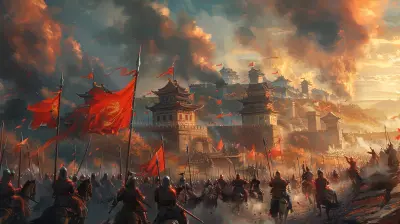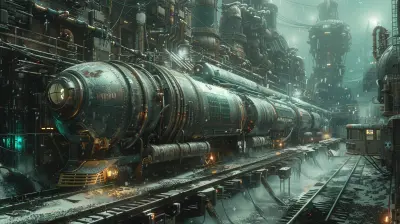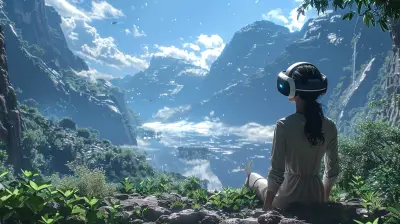The Role of Social Games in Strengthening Community Bonds
1 July 2025
Remember the good old days when we gathered around a board game or joined a weekend LAN party? Fast forward to today, and things have seriously leveled up. Social games—whether played through a console, mobile phone, or in virtual reality—are doing more than just killing time. They’re shaping communities, forging friendships, and even repairing broken social connections.
Let's dive into the fascinating world of social gaming and how it's quietly (but powerfully) making our human connections stronger.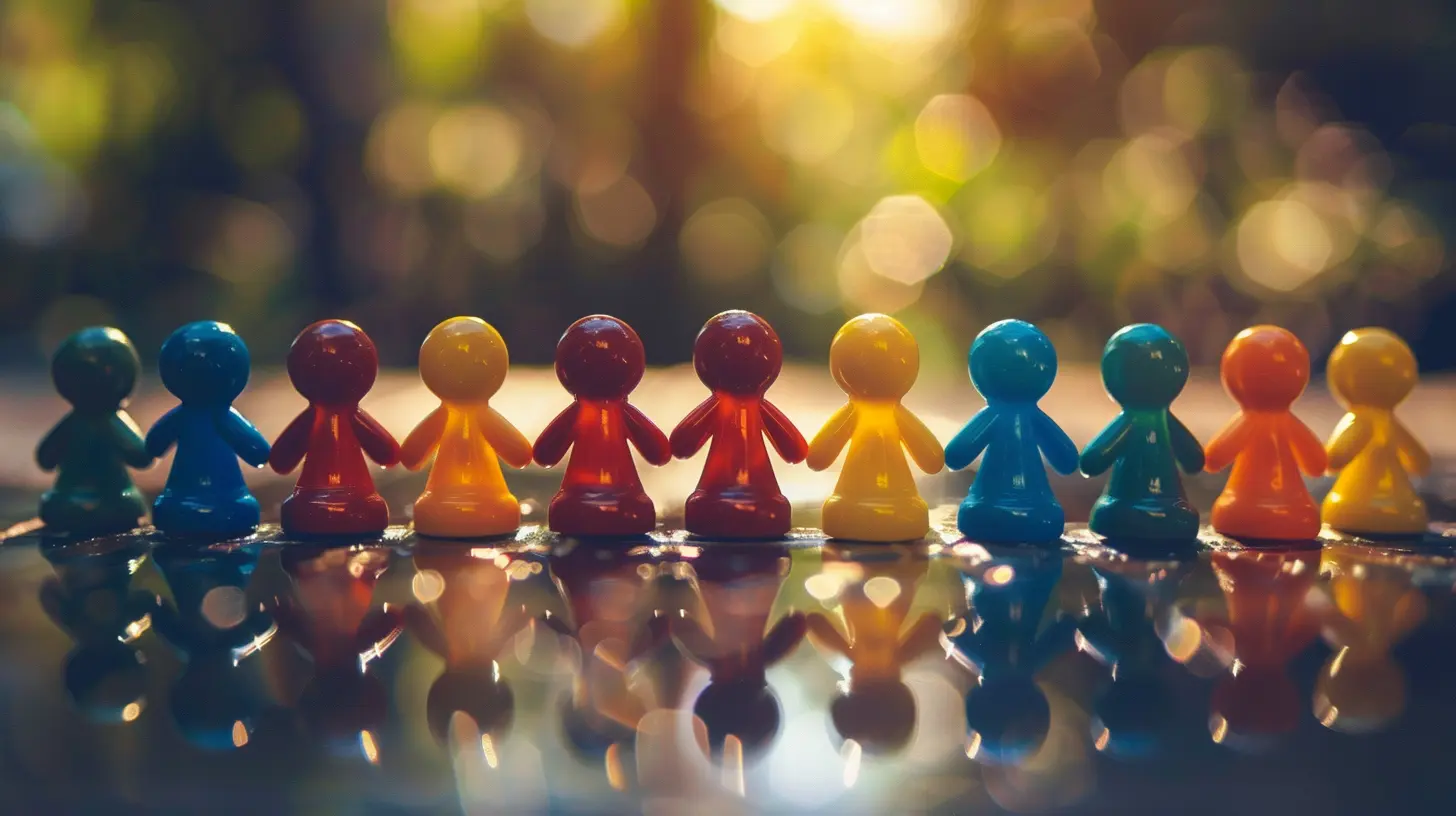
What Are Social Games, Really?
Before we get into the nitty-gritty, let’s pin down what “social games” actually are.Social games are games designed to be played with others. They emphasize interaction—whether competitive or cooperative—among players. This can happen in real-time or turn-based formats, across various platforms like Facebook, Discord, mobile apps, or online multiplayer systems like Xbox Live or PlayStation Network.
Think games like:
- Among Us – Who doesn’t love a little digital betrayal?
- Minecraft – Build, explore, and survive with friends.
- Animal Crossing – Trade fruit, visit islands, and share cute outfits.
- Fortnite – Sure, it’s a battle royale, but the dance battles are just as important.
- Words with Friends – Scrabble with a social twist.
Social games aren’t just about winning. They’re about connecting.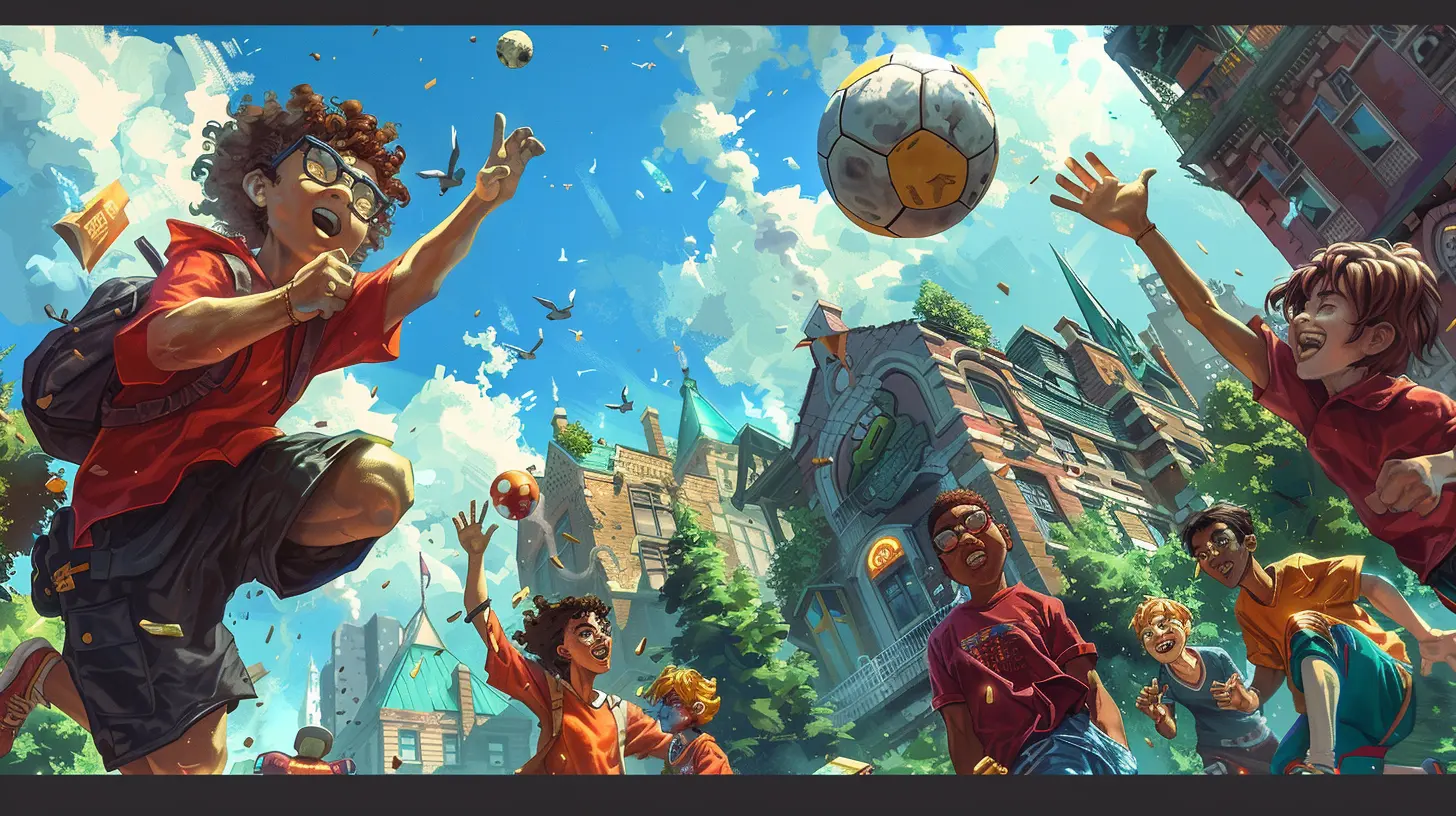
Why Are Social Games So Effective at Building Bonds?
Great question! When you think about it, games are micro-worlds with their own rules, roles, and shared experiences. That's a perfect recipe for bonding, right?Here's what makes them tick:
1. Shared Goals & Teamwork
In cooperative games like Overcooked or Phasmaphobia, you need to work together or you're toast—sometimes literally. These games rely on coordination, communication, and shared problem-solving, which builds trust and camaraderie.Let’s be real: nothing brings people together like trying (and failing) to make sushi under extreme time pressure.
2. Casual, Low-Stakes Interaction
Not everyone’s a social butterfly at a party. But gaming offers a low-pressure space for interaction. You can have a full-hearted chat while raiding in Destiny 2 or just vibe in a virtual café in VRChat.Gaming makes socializing feel less like a chore and more like a shared adventure.
3. Memorable Experiences Make Stronger Ties
Remember that epic comeback in Rocket League? Or that time your buddy backstabbed you in Among Us and you laughed instead of rage-quitting?Those are memory makers.
These shared moments create stories and experiences that stick. And shared memories? They're glue in any relationship.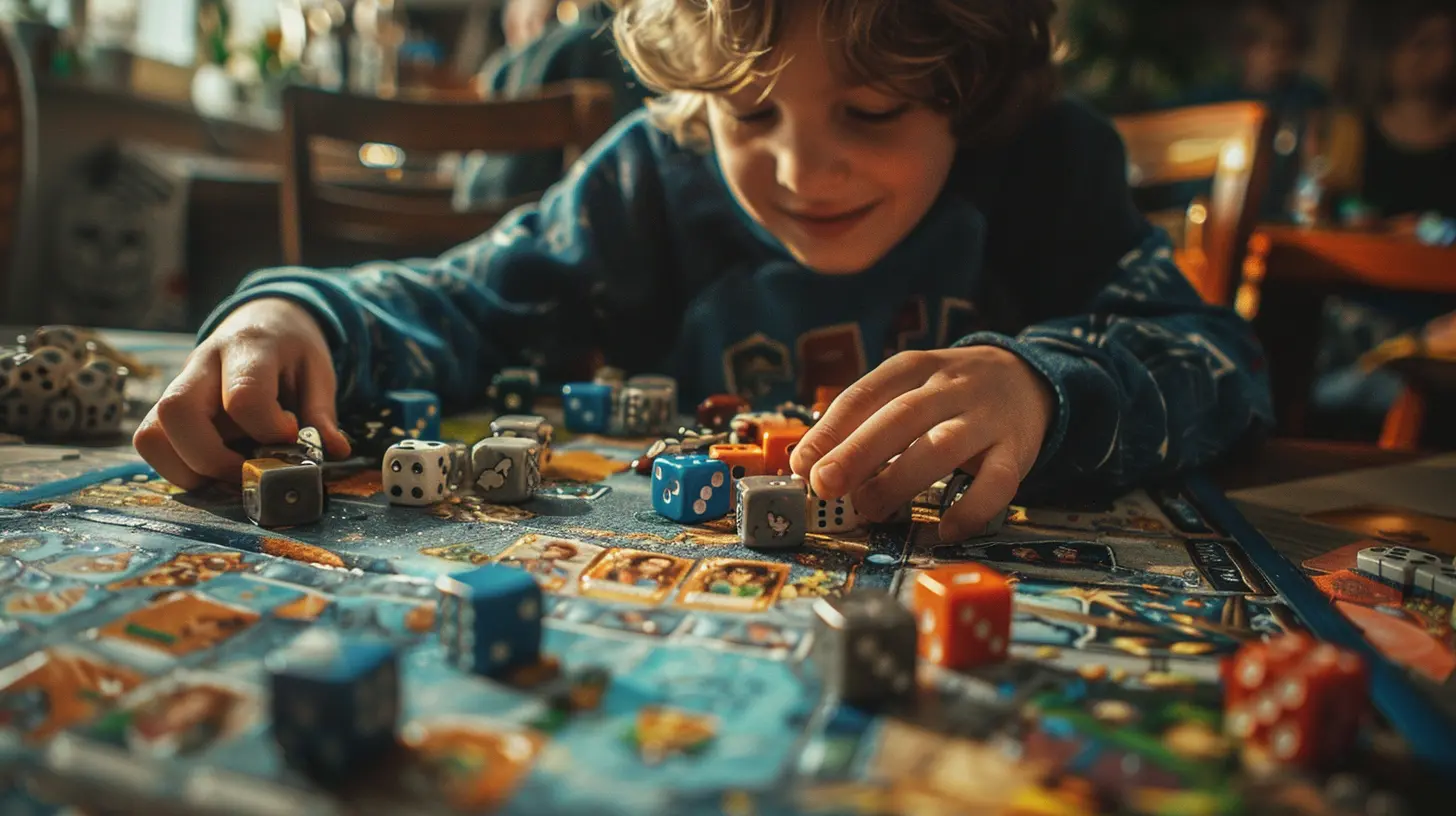
The Psychology Behind the Bonding
Let’s bring in a little brain science (don't worry, I’ll keep it snack-sized).Dopamine Hits
When you win, level up, or unlock achievements with friends, your brain releases dopamine—a “feel good” chemical. Doing that in a team setting means you're not just feeling great; you're associating those positive feelings with the people you’re playing with.Mirror Neurons in Action
Ever yawn after someone else yawns? Mirror neurons! These fire in our brains when we see others experiencing something—even in games. When your teammate pulls off a clutch play, your brain celebrates with them.That emotional mirroring deepens connections.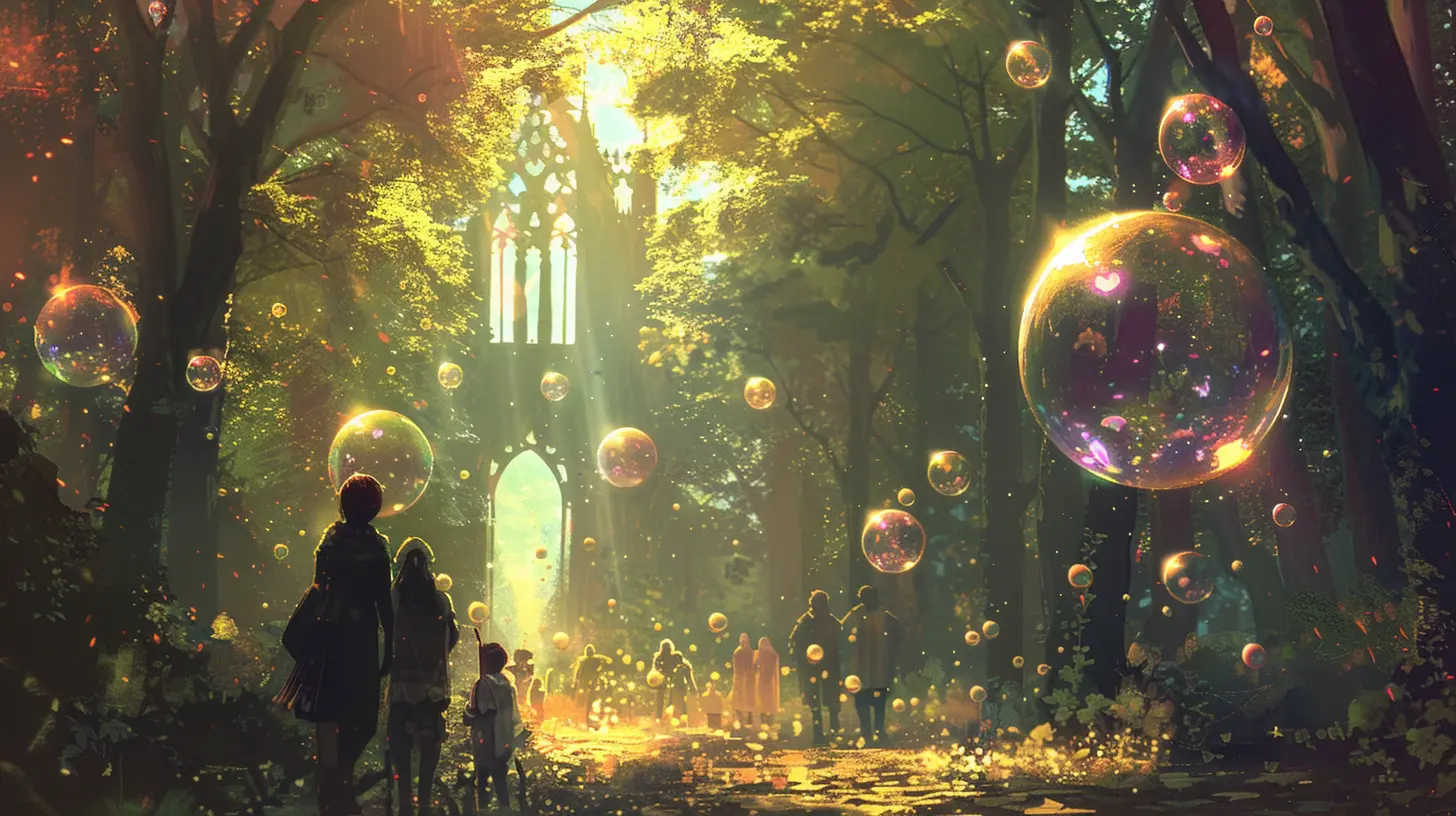
More Than Just Games: Real-World Impact
Gaming isn’t just virtual fluff—it bleeds into the real world in meaningful ways.Forming Friendships Across Borders
Where else can a teen in Brazil become besties with a retiree in Canada? Social games smash geographical, cultural, and even generational walls. You get to know people you'd never have met otherwise.And no small talk needed—just log in and play.
Improving Communication Skills
Yup, trash-talking and call-outs have a silver lining. In games (especially team-based ones), players often develop stronger communication skills, learning how to be clear, concise, and cooperative.And in a world full of miscommunication? That’s a win.
Supporting Mental Health
Social isolation is no joke, especially post-2020. Social games became a lifeline during lockdowns for many, providing structure, interaction, and a sense of belonging.It's not therapy—but it can feel like it some days.
Communities Built Around Games
Ever joined a Discord server for your favorite game and ended up talking about everything but the game?Social games spark entire ecosystems of communities—Reddit forums, Facebook groups, Twitch streams, and in-game guilds where the relationships often outlive the game itself.
Clans, Guilds, and Squads: Digital Families
In games like World of Warcraft or Final Fantasy XIV, joining a guild often feels like being adopted into a family. Birthdays are remembered, real-life milestones are celebrated, and players support each other through personal highs and lows.It’s not just a team—it’s a tribe.
The Rise of Inclusive Spaces
Social games also serve as safe havens for those who feel marginalized offline.Gaming While LGBTQIA+
Many LGBTQIA+ gamers find comfort and acceptance within inclusive gaming communities. Whether it’s through explicitly queer-friendly guilds or games that allow gender-neutral customization, these experiences validate and uplift.Accessibility Matters
Games are becoming more accessible—hello, subtitles, remappable controls, and colorblind modes! That means more people, regardless of physical or cognitive challenges, can join the fun and build social connections, too.When Social Games Go Offline—In a Good Way
Here’s the cool twist: social games aren't just building digital friendships. They’re translating into real-world interactions too.Meetups & Conventions
Fan gatherings like Minecon or BlizzCon turn online clans into real-life squads. Plenty of folks meet their BFFs or even life partners this way.Acts of Kindness
Gaming communities have rallied for charity events, mental health awareness drives, and mutual aid efforts. Remember when EVE Online players raised thousands for disaster relief? That's power.Do Social Games Replace Face-to-Face Friendships?
Not quite.The goal isn’t to replace traditional social interaction, but to supplement it. Some friendships start online and migrate offline. Some stay entirely virtual but are still emotionally rich.
It’s like having pen pals—only with loot crates and voice chat.
The Future of Social Gaming and Community Growth
We’re just scratching the surface. With new tech brewing—hello, augmented reality and the metaverse—the role of social gaming in community-building is only going to grow.Imagine organizing a birthday party in VR where everyone can play, dance, and eat (virtual) cake together, no matter their physical location.
Exciting stuff, right?
How You Can Strengthen Community Through Gaming
Want to be part of this movement? Here's how:- Be inclusive—invite newcomers into your gaming circles.
- Use in-game chat or voice to connect, not just command.
- Join forums or Discord servers and actually engage.
- Support charity gaming events and streams.
- Host game nights, both online and offline.
You never know—your next gaming session might just spark a lifelong friendship.
Wrapping It Up
So, what’s the real takeaway here? Social games aren’t just about high scores or epic kills. They’re about that time your guild stayed up all night helping you grind gear. That random duo partner you still play with years later. That game you played daily with your sibling during quarantine.Games are modern campfires—places to gather, share stories, and build something meaningful together.
And in a world that feels more disconnected than ever, maybe a little digital dungeon crawling is exactly what we need to bring us back together.
all images in this post were generated using AI tools
Category:
Social GamesAuthor:

Emery Larsen
Discussion
rate this article
2 comments
Zelda Peterson
Social games foster connections and collaboration, but it's essential to balance screen time with real-life interactions.
September 29, 2025 at 4:14 AM

Emery Larsen
I completely agree! While social games can enhance community bonds, nurturing face-to-face relationships is equally important for a well-rounded social experience.
Oren Rodriguez
Great insights! Social games foster connections and community engagement. They can truly bring people together, creating lasting friendships and shared experiences. Keep up the good work!
July 9, 2025 at 3:58 AM

Emery Larsen
Thank you for your feedback! I'm glad you found the insights valuable. Social games indeed play a vital role in building connections and fostering community spirit.
